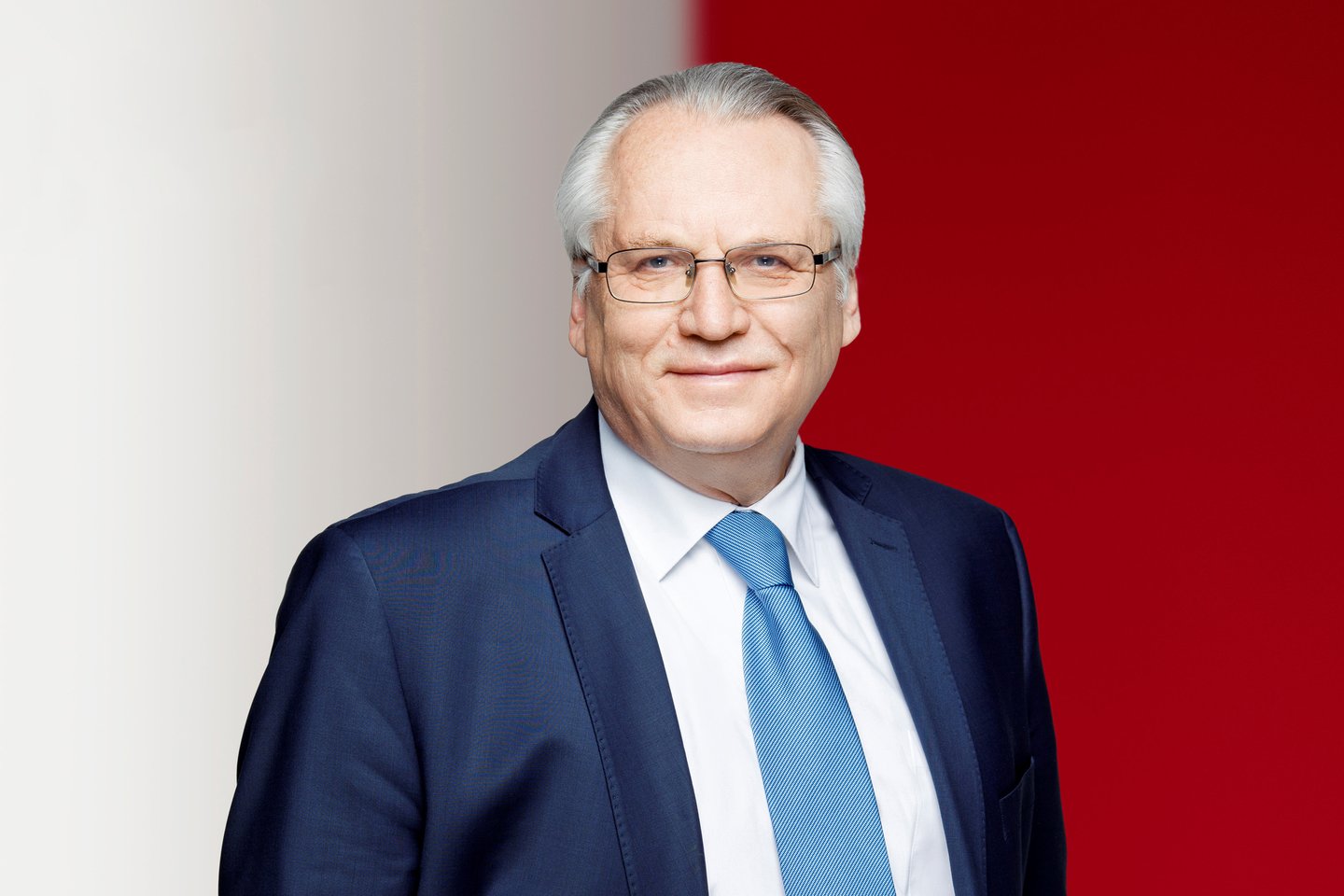The Lithuanian people, who have put their ears to the ground and their eyes to the TV screens, want to know how the war on Europe's doorstep is being assessed now. Will that threshold not be crossed? What to expect and what should be the expression of the intelligence services in the current circumstances?
The guests Saulius Skvernelis and Gediminas Kirkilas assessed the efforts of the Department of State Security (DSS) and the Second Department of Operational Services under the Ministry of National Defence to present a generalised picture of the threats to national security as generally positive.
In my opinion, the Assessment is a solid document and in comparison with other annual texts of the same genre, it is superior, more concise and even more insightful, although the word 'war' is not mentioned.
The section on cyber-security has been improved, and the comments on social processes (right-wing extremism) look different in the current context.
Skvernelis's point that such processes – whether left or right extremism – emerge in a certain environment, which seems to already exist in Lithuania, is apt. The part of the Assessment on military spending in Russia, military equipment in the Kaliningrad region, and the deployment of combat arms in Belarus are interesting and useful for the reader. In the past, this has been published in a fragmentary way.
Of course, if the Assessment had been published before the Russian invasion of Ukraine, it would have been read and commented on differently again. To the credit of the drafters, they did not rush to change or add to the text when the war started.
I think that the 'Assessment' needs to be put aside, and the intelligence services need to start looking for a new way of communicating with the public. It is not an easy task because war is war, and there are few predictable things.
The public trusts the power structures and listens carefully to the public speeches of their leaders, so it is dangerous for the authority of the services to sink into unproven predictions. For example, there is a lot of talk at the moment about Western officials claiming that Russia may soon formally declare war on Ukraine. How should the DSS deal with this question?
I would say that unless there is 100% certainty, one should not comment on this at the level of the heads of the services. Let political scientists and experts do the thinking. There is no shortage of the latter at the moment. Intelligence and counter-intelligence, even without commenting on the various forecasts, I think there is plenty to do.
After Moscow's intelligence fiasco in Ukraine – something that is no longer in doubt, even among Russia's supporters – Russia's external intelligence has been given an ultimatum by the Kremlin leader: it is either-or. Once headed by Mr Putin, the Federal Security Service is also on the table.
Russian intelligence and counter-intelligence are operating under martial law. Russian subversive intelligence groups are already operating in Ukraine. Destroying the routes through which military aid from the West comes to Ukraine is one of the objectives.
Naturally, the Ukrainian services are well aware of this. Russia is also working intensively in other areas that are not yet accessible to the media. One day we will see it in films, and we will read it in novels.
Russia's invisible front is not only in Ukraine. It also runs through Lithuania. Russian intelligence towards Lithuania has been shaky for thirty years but is now very active. As always in wartime, an old agency is being picked up, and a new, more trusted one is being created.
The protection of state secrets (I do not want to elaborate) must become one of the top priorities for funding. It is a joke. The enemy cannot be underestimated. The history of the KGB is worth studying. It would be useful.
And let us not forget another of Moscow's worries, namely Finland and Sweden's plans to become NATO members.
There is not the slightest doubt that Russia will react much more aggressively to this process than it did when Lithuania joined the Alliance. I remember other times when relations between Lithuania and Russia were different.
One of the Russian ambassadors in Lithuania, whose name I do not want to mention, said in an informal meeting (I am not quoting): our (Russia's) problems are now in the Caucasus but thank God they are not yet here in the West. Whatever you say now, unfortunately, Russia itself has created that problem. Or was it not Russia? Maybe only the Kremlin?
Russian polls are being published. Over 70% support Putin. To believe or not to believe? We know the divisions among the Russian art people over the Kremlin's war in Ukraine. And yet, given the size of the population, the number of those opposed to the Kremlin's policies, especially among intellectuals, is not high. The real opponents are still based in Paris. And what next?
Kirkilas said the right thing in the aforementioned Lietuvos rytas TV programme: it is difficult to learn anything new in Russia, let alone predict it when decisions are made by one man. And yet I think that Putin has his supporters – the Kremlin regime is not one man.
There are various political scientists' guesses as to who is in Putin's circle, but if you put more or less the names that are already known, you will see that it is a one-generation group of people in their seventies, give or take.
They came to power around 2000, and, since nothing lasts forever, they will leave power almost simultaneously. In what way is it a separate topic.
And who will be the new masters of the Kremlin (no matter when)? I certainly hope that the case of „nothing will happen anymore“ (between them and the rest of us) will not happen.

